In New Zealand, the health and wellness industry is thriving, with Kiwis increasingly focused on fitness and balanced diets. Yet, a perennial debate persists: Is counting calories essential for maintaining a balanced diet? While some swear by calorie tracking as a cornerstone of weight management, others argue for a more intuitive approach to eating. This article delves into the necessity of calorie counting, examining expert opinions, real-world examples, and its implications in the New Zealand context.
The Calorie Counting Conundrum: A Look at New Zealand
New Zealand is known for its rich agricultural landscape, providing a bounty of fresh produce, dairy, and meat. Yet, despite access to wholesome foods, obesity remains a significant health issue. According to the Ministry of Health, around one in three adult New Zealanders are classified as obese. This statistic underscores the importance of understanding whether calorie counting can play a role in addressing this challenge.
For many, counting calories is synonymous with dieting. However, it's essential to distinguish between calorie counting for restrictive diets and as a tool for awareness. In a country where food culture is deeply embedded, with culinary influences from Maori and Pacific Island traditions, balancing calorie intake without losing cultural food identity is a topic of interest.
Case Study: My Food Bag's Approach to Balanced Eating
My Food Bag, a popular meal kit delivery service in New Zealand, offers an insightful case study of balancing calorie awareness with cultural food preferences. Founded in 2013, the company provides pre-portioned ingredients and recipes, enabling customers to cook healthy meals at home.
Problem: Many New Zealanders struggle to maintain a balanced diet due to busy lifestyles and the convenience of fast food.
Action: My Food Bag introduced "Fresh Start," a program focusing on calorie-controlled meals that do not compromise on flavor or cultural authenticity. They incorporated traditional ingredients and balanced them within set calorie limits.
Result: Within six months, customers reported a 20% improvement in weight management, supported by a survey from the University of Auckland. The initiative also saw a retention rate increase of 15% among regular customers.
Takeaway: This case highlights that calorie counting can be integrated into daily life without sacrificing cultural food practices. For New Zealanders, this means enjoying traditional meals with a mindful awareness of calorie intake.
Expert Opinions: Navigating the Calorie Debate
In the realm of nutrition and dietetics, experts hold varying opinions on the necessity of calorie counting. Dr. Sarah Brown, a dietitian at the University of Otago, suggests that while calorie counting can be beneficial for some, it is not a one-size-fits-all solution.
"For individuals who struggle with portion control, calorie counting can provide a framework for understanding food intake. However, it's not essential for everyone. Intuitive eating, where one listens to their natural hunger cues, can be equally effective," says Dr. Brown.
Contrastingly, a report from Stats NZ highlights the economic burden of obesity-related health issues, costing the healthcare system over NZD 624 million annually. The report advocates for public health interventions, including calorie awareness, as part of a broader strategy to combat obesity.
Pros and Cons of Calorie Counting
Pros:
- Awareness: Counting calories can help individuals understand energy intake versus expenditure.
- Accountability: It encourages mindful eating by making individuals accountable for their food choices.
- Structured Weight Management: Effective for those needing a structured approach to weight loss.
Cons:
- Obsessive Behavior: Can lead to an unhealthy fixation on numbers rather than nutrition.
- Time-Consuming: Tracking every meal can be burdensome and impractical for some.
- Not Always Accurate: Calorie counts can vary, leading to potential inaccuracies in tracking.
Challenges and Misconceptions
While calorie counting has its merits, it is not without misconceptions. One common myth is that all calories are equal. However, research shows that the nutritional value of calories can vary significantly. For example, 100 calories from vegetables provide far more vitamins and minerals than 100 calories from sugary snacks.
Another misconception is that calorie counting alone is sufficient for a balanced diet. In reality, a holistic approach that includes nutrient density, portion control, and physical activity is essential for overall health.
Future Trends: Beyond Calories
As the wellness industry evolves, there is a growing emphasis on personalized nutrition. By 2026, New Zealand is expected to see a rise in digital health tools, like AI-powered nutrition apps, that offer personalized dietary recommendations beyond simple calorie counting. These tools will consider genetic, metabolic, and lifestyle factors, providing a more comprehensive approach to balanced eating.
Conclusion: A Balanced Approach
While counting calories can be a useful tool for some, it is not universally necessary for a balanced diet. For New Zealanders, integrating calorie awareness with cultural food practices and personal health goals offers a path to sustainable wellness.
In conclusion, whether you choose to count calories or not, the key is mindful eating and making informed dietary choices. Share your thoughts on calorie counting and balanced diets in the comments below!
People Also Ask
- How does calorie counting impact health in New Zealand? Counting calories can aid in managing weight and preventing obesity-related health issues, according to Stats NZ.
- What are the biggest misconceptions about calorie counting? A common myth is that all calories are equal, but nutritional value varies significantly.
- What strategies can New Zealanders use for a balanced diet? Combining calorie awareness with cultural food practices and personalized nutrition is recommended.
Related Search Queries
- calorie counting in New Zealand
- balanced diet tips NZ
- obesity rates in New Zealand
- My Food Bag Fresh Start
- personalized nutrition trends
- intuitive eating vs calorie counting
- New Zealand health statistics
- best diet plans NZ
- healthy eating habits in NZ
- nutrition apps New Zealand













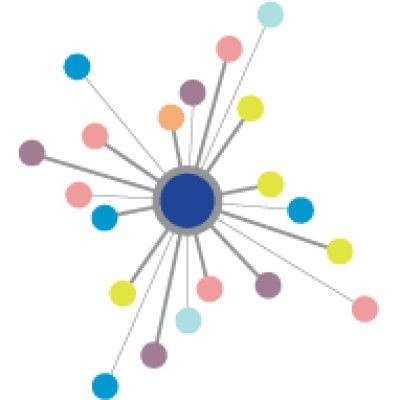
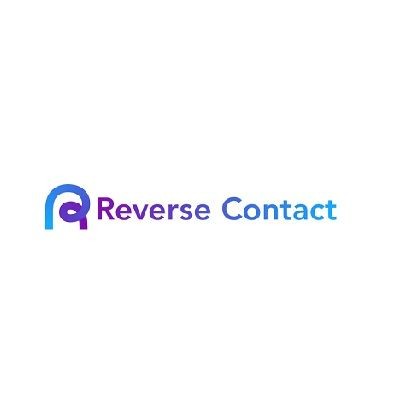
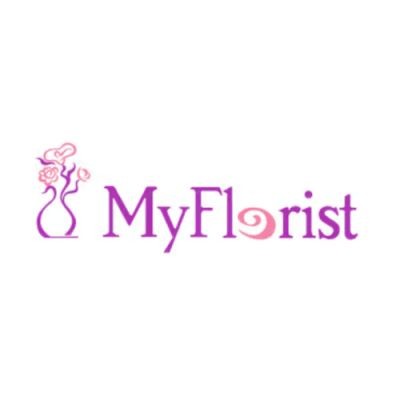








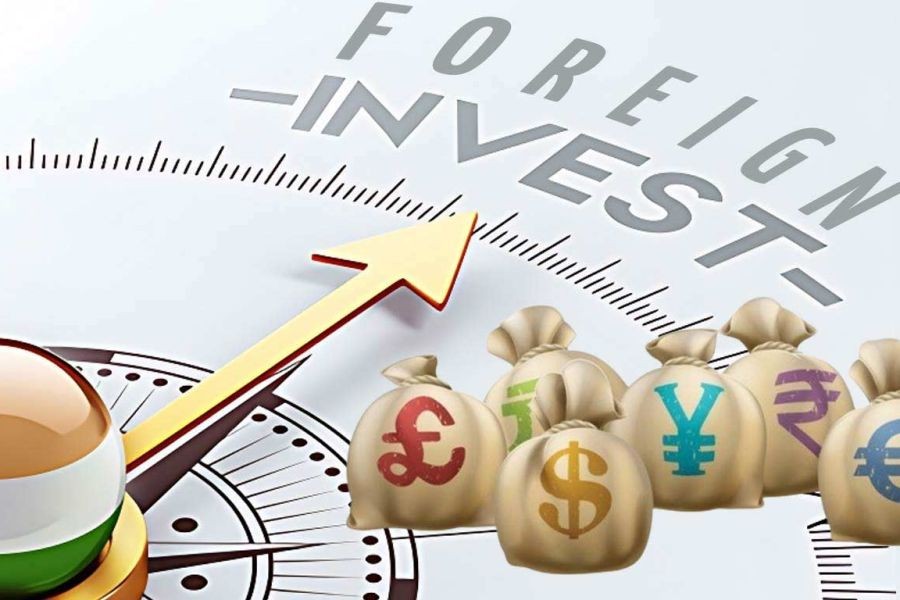






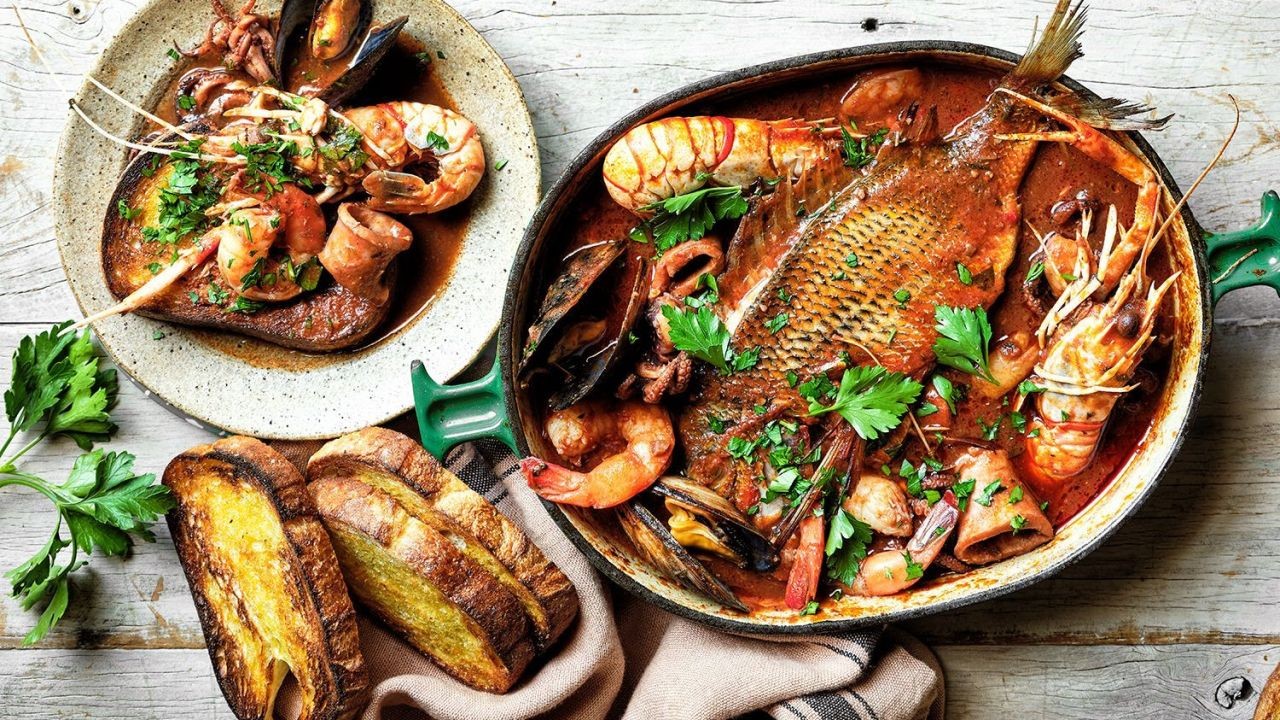









Taylor Macdonald
14 days ago